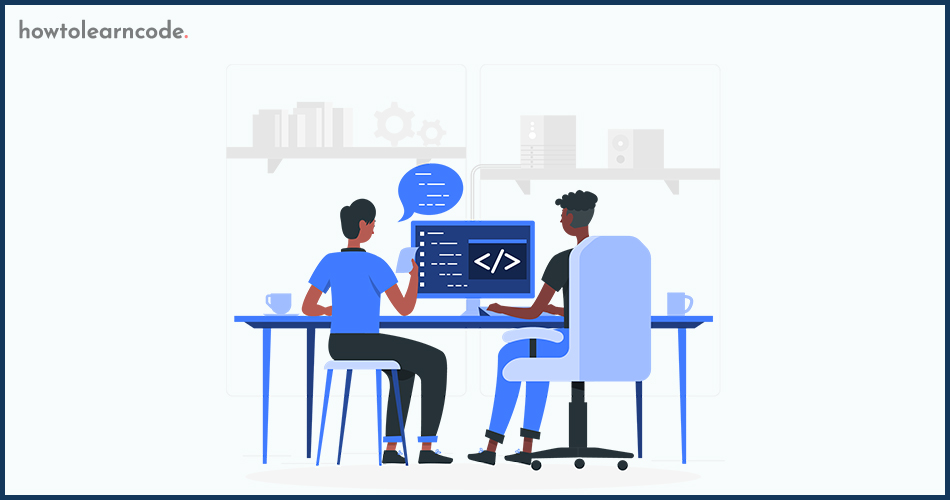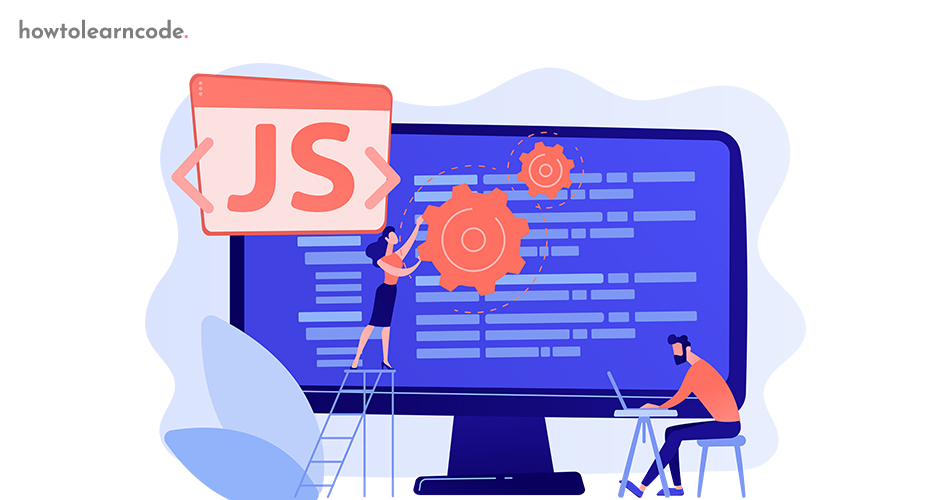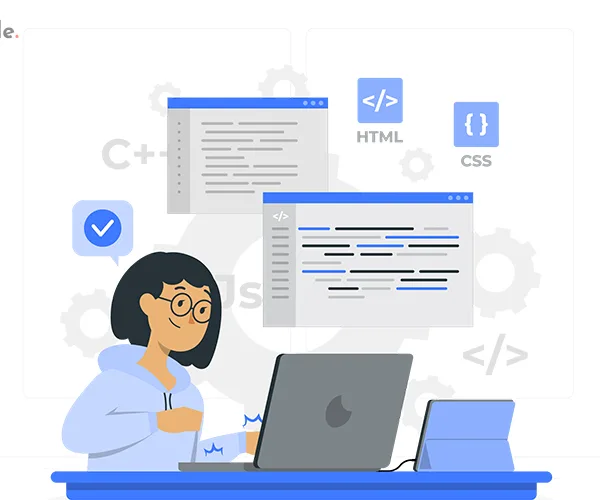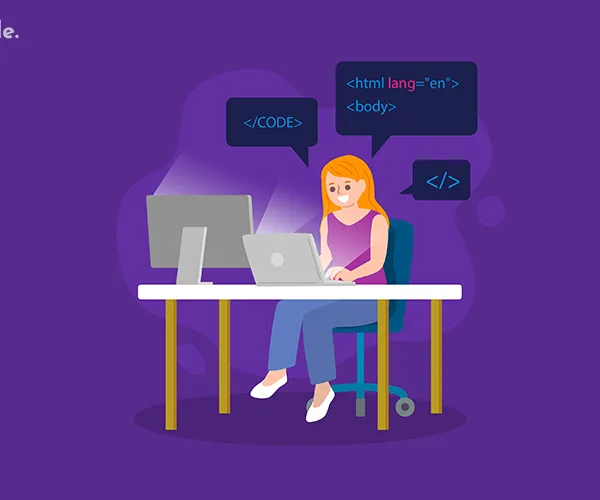“begin on a coding journey as we unveil the basics in our exploration of JavaScript courses. Discover the essential skills and knowledge behind the scenes, providing a brief yet comprehensive overview of JavaScript’s fundamental principles.”
Table of Contents
Introduction
JavaScript, often referred to as the “language of the web,” plays a pivotal role in enhancing the interactivity and functionality of websites. Whether you’re a budding developer or an experienced programmer, understanding the fundamentals of JavaScript is essential for creating dynamic and engaging web applications. In this detailed exploration, we will delve into the world of JavaScript courses, unraveling the essential knowledge and skills they offer.

I. The Foundation of JavaScript
Understanding the Origins
Before diving into the intricacies of JavaScript courses, it’s crucial to comprehend the language’s origins. Developed by Brendan Eich in 1995, JavaScript was initially created to add interactivity to static HTML pages. Over the years, it has evolved into a versatile and powerful programming language, extending its reach from client-side to server-side development.
Key Concepts and Syntax
A JavaScript course typically starts by introducing learners to fundamental concepts and syntax. From variables and data types to loops and conditional statements, grasping these basics lays the groundwork for more advanced programming endeavors. Throughout the course, participants become familiar with the language’s unique features, such as dynamic typing and prototypal inheritance.
II. The Evolution of JavaScript Courses
Online Learning Platforms
In the digital age, learning JavaScript has become more accessible than ever, thanks to various online platforms. Platforms like Codecademy, Udemy, and Coursera offer a plethora of courses catering to different skill levels. These courses often provide interactive coding exercises, video lectures, and real-world projects, ensuring a hands-on and engaging learning experience.
Specialized Bootcamps
For those seeking an immersive and intensive learning experience, JavaScript bootcamps have gained popularity. These bootcamps, often ranging from a few weeks to several months, immerse participants in an intensive coding curriculum. With a focus on practical skills and project-based learning, bootcamps aim to fast-track participants into the world of JavaScript development.
III. Navigating JavaScript Frameworks
Introduction to Frameworks
As JavaScript applications grew in complexity, frameworks emerged to streamline development. Courses often cover popular frameworks like React, Angular, and Vue.js. Understanding these frameworks is crucial for building scalable and maintainable web applications. Learners delve into component-based architecture, state management, and the intricacies of the virtual DOM.
Full-Stack JavaScript Development
Some JavaScript courses take a comprehensive approach, covering both front-end and back-end development. Participants learn how to use Node.js for server-side scripting, enabling them to build end-to-end JavaScript applications. This full-stack approach equips learners with the skills to create dynamic and responsive web solutions from start to finish.
IV. Real-World Applications and Projects
Capstone Projects
One hallmark of effective JavaScript courses is the inclusion of real-world projects. These projects challenge learners to apply their knowledge in practical scenarios, solidifying their understanding of JavaScript concepts. From building interactive web pages to developing full-fledged applications, these projects showcase the practical application of the skills acquired during the course.
Collaboration and Code Reviews
Many JavaScript courses emphasize collaboration and code reviews as part of the learning process. Participants often work on group projects, mirroring real-world development scenarios. Engaging in code reviews not only exposes learners to diverse coding styles but also promotes constructive feedback, fostering a culture of continuous improvement.
V. Advancing Skills and Staying Updated
Advanced Topics
JavaScript is a language that continually evolves, with new features and specifications introduced regularly. Advanced JavaScript courses delve into topics such as asynchronous programming, functional programming, and the latest ECMAScript standards. These courses cater to developers looking to deepen their understanding and stay ahead in the ever-changing landscape of web development.
Community Involvement
Staying connected with the JavaScript community is crucial for ongoing learning. Many courses encourage participation in forums, meetups, and online communities where learners can exchange ideas, seek advice, and stay informed about the latest trends. This sense of community fosters a collaborative learning environment, providing ongoing support even after the course concludes.
FAQs
1. What is the best way to learn JavaScript for beginners?
For beginners, starting with online platforms like Codecademy or freeCodeCamp can provide a solid foundation. These platforms offer interactive lessons and exercises, making it easier to grasp the basics of JavaScript.
2. Are JavaScript bootcamps worth it?
JavaScript bootcamps can be worth it for individuals seeking an immersive and focused learning experience. However, it’s essential to research and choose a reputable bootcamp that aligns with your learning goals and preferences.
3. How can I stay updated with the latest JavaScript developments?
To stay updated with the latest JavaScript developments, actively participate in online communities, follow influential developers on social media, and regularly explore resources like MDN Web Docs and JavaScript blogs. Additionally, consider enrolling in advanced JavaScript courses that cover the latest language features and best practices.
Conclusion
In conclusion, a brief overview of JavaScript courses reveals a rich tapestry of learning opportunities for developers at all levels. From laying the foundation with fundamental concepts to exploring advanced topics and real-world applications, these courses equip learners with the skills needed to thrive in the dynamic field of web development. As you embark on your JavaScript learning journey, remember that continuous practice, engagement with the community, and a passion for problem-solving will propel you towards becoming a proficient JavaScript developer.



